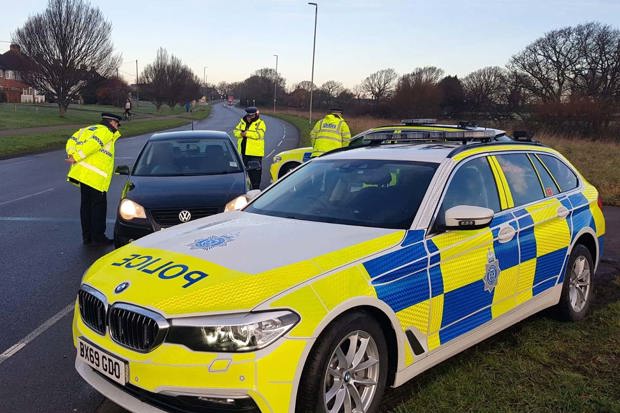Alarm as number of drink-drive deaths on the rise

The number of drink-drive deaths on UK roads has risen 7% in a decade, new government statistics have revealed.
This means that the proportion of road deaths where drink-driving was a cause is at a similar level to the late 1980s.
The number of drug-drive fatalities recorded in an ongoing feasibility study has also reached a record number.
"These disturbing figures show the twin evils of driving under the influence of drink and drugs are behind a frightening number of lives lost on the UK’s roads every year," says RAC road safety spokesperson Rod Dennis.
"We’ve consistently been calling for a change in approach when it comes to reducing alcohol-related road deaths, as it’s clear the status quo isn’t working."
An estimated 260 people a year lose their lives as a result of drink-drivers.
Around 1860 people were killed or seriously injured in a drink-drive-related incident and there were around 6310 casualties of all severities.
Earlier this year, the National Police Chiefs Council revealed that a nationwide crackdown on drink-driving over the festive period had seen 60,000 drink and drug tests conducted – with 6931 arrests made.
Shockingly, 2782 drivers were arrested for both drink- and drug-driving offences, a figure that almost doubled in a year.
Positive results for drink-driving remained below 10%, but positive breath tests following a collision showed that nearly 15% of motorists tested positive for alcohol. This was the highest since 2019.
Intelligence and hotspot-led roadside drug wipes resulted in 42.2% positive drug-driving tests.
For several years, the RAC has been calling on the government to consider mandating all new vehicles have interfaces that allow alcolocks to be easily fitted.
"We are also supportive of police being given the powers to immediately disqualify any driver who fails a drink or drugs test at the roadside. We hope this will be a key part of the government’s forthcoming road safety strategy."

